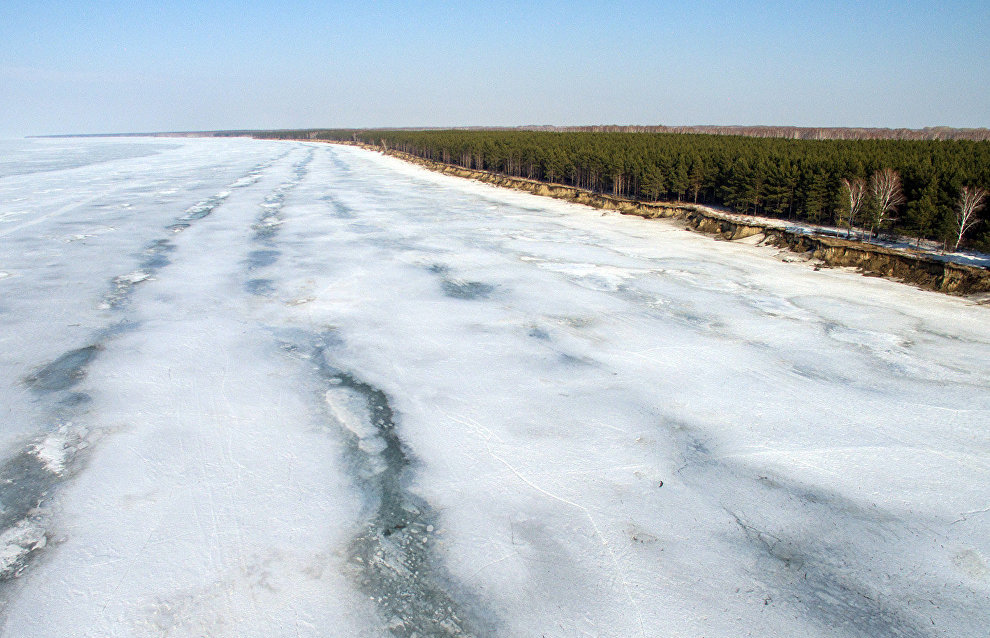NASA: Arctic sea ice sinks to record lows for summer
For the fourth summer running, Arctic sea ice has reached record lows in the entire history of observations, shrinking by 4.6 million square kilometers, or almost 1.6 million below the 20-year average, RIA Novosti reported, citing NASA.
"How much ice is left at the end of summer in any given year depends on both the state of the ice cover earlier in the year and the weather conditions affecting the ice. The weather conditions have not been particularly noteworthy this summer. The fact that we still ended up with low sea ice extents is because the baseline ice conditions today are worse than the baseline 38 years ago," said Claire Parkinson, senior climate scientist at NASA's Goddard Space Flight Center.
She noted that the record for the largest decline still belongs to 2012 when the polar ice cap shrank to 3.41 million square kilometers. Yet the summer of 2017 was among the top ten years in the Arctic ice reduction rate since observations began.
Parkinson said that this year's reduction in Arctic ice is still very alarming because this summer the Arctic did not experience abnormal weather that could speed up the melting of ice, unlike the previous three record-setting summers.
NASA researchers do not rule out the possibility that Arctic ice coverage might continue decreasing in September due to sudden shifts in wind patterns.
They also blame this year's ice melting on the heavy and relatively warm summer rains in the Arctic, which may have sped up the melting of the Arctic ice cap.
